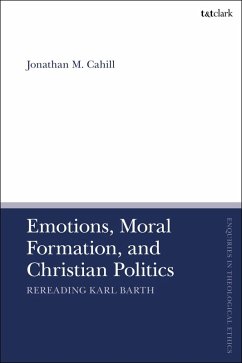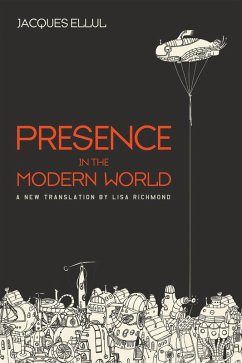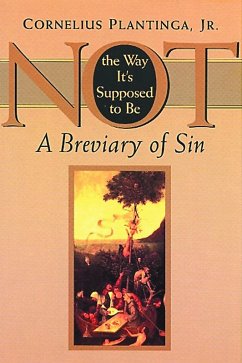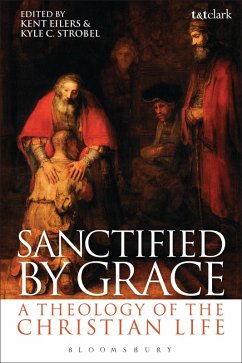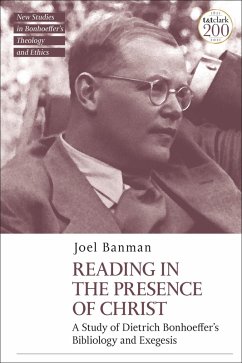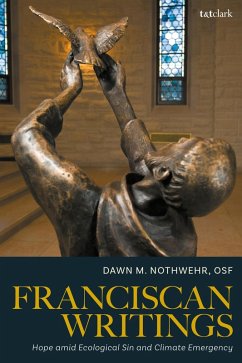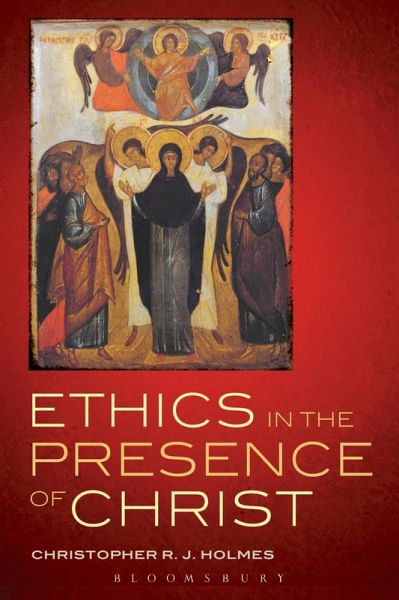
Ethics in the Presence of Christ (eBook, ePUB)
Versandkostenfrei!
Sofort per Download lieferbar
29,95 €
inkl. MwSt.
Weitere Ausgaben:

PAYBACK Punkte
15 °P sammeln!
By casting the identity of Christ as the One-Who-Is-Present, Holmes concentrates on how Christ ministers his power, truth, and love in the Spirit for the sake of the transformation of human life. As present, Christ's work is both finished and unfinished, complete and open-ended; as endlessly contemporary, it is constitutive of reality and so (re-)shapes the ethical landscape and the moral life. In revisiting the doctrine of Christ's contemporaneity with its ethical implications firmly in view, Holmes's work fills a lacuna in the contemporary literature on Christian ethics. In conversation with...
By casting the identity of Christ as the One-Who-Is-Present, Holmes concentrates on how Christ ministers his power, truth, and love in the Spirit for the sake of the transformation of human life. As present, Christ's work is both finished and unfinished, complete and open-ended; as endlessly contemporary, it is constitutive of reality and so (re-)shapes the ethical landscape and the moral life. In revisiting the doctrine of Christ's contemporaneity with its ethical implications firmly in view, Holmes's work fills a lacuna in the contemporary literature on Christian ethics. In conversation with John's Gospel, the priority of Christology comes to drive the very shape of moral questions for today. Here the compelling task of ethics is a matter ofbecoming aligned with and transparent to Christ's own presence and so to Christ's work of making all things new.




